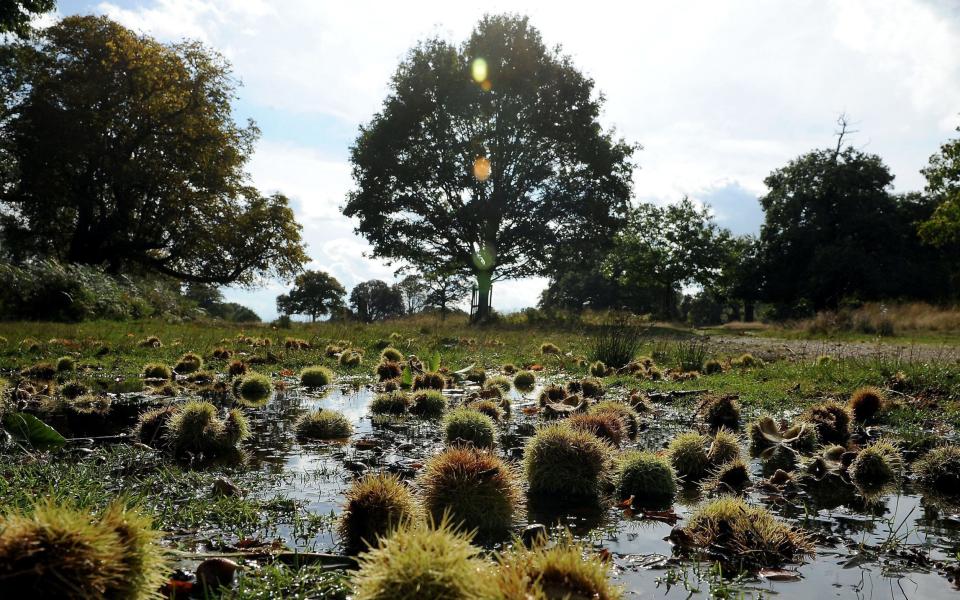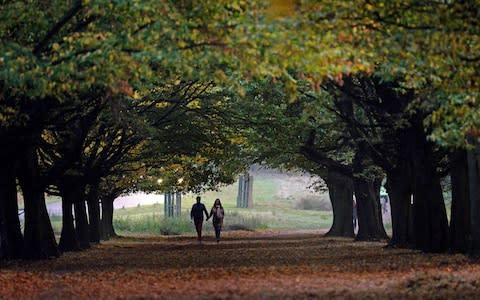Foodie foraging trend fuels sharp rise in the flouting of picking bans

A trend for foraging has caused a sudden spike in the number of people flouting bans on picking wild produce in London’s Royal Parks.
There has been a 600 per cent increase in the number of incidents of foraging within a year, with 35 police warnings issued in 2017.
One picker ended up in court after ignoring a police caution and coming back for more wild ingredients, the Royal Parks charity said.
Experts have suggested that the trend is being fuelled by a food fad for unusual and edible wild fruits, mushrooms and sweet chestnuts.
But the charity, which manages some of London's most famous green spaces, warned that while foraged food is becoming increasingly popular it is depleting vital food sources for wildlife and could damage nature in the parks.
Celebrity chefs such as Hugh Fearnley-Whittingstall and Antonio Carluccio, have encouraged people to pick field mushrooms and other delicacies, amid claims of an “insatiable demand” from some restaurants.

But of particular concern is the removal of sweet chestnuts from Richmond and Bushy Parks, which are home to roaming deer herds.
After the breeding season, exhausted and lean deer gorge on the harvest of chestnuts and conkers to put on weight again to help them survive the winter.
October and November are peak time for mushrooms, which can provide important food for animals in the park and a habitat for many bugs.
Picking mushrooms, which are the fruit of underground fungi, can hinder reproduction and harm their ability to thrive.
That has knock-on effects for wider wildlife as fungi helps dead plants decompose and recycle the nutrients so they are available for living plants - particularly important in nutrient-poor soil habitats found in some of the parks.
Julia Balfour, head of ecology for The Royal Parks charity, said: "This sharp increase in the number of people removing nuts and fungi is extremely concerning.
"Many people enjoy foraging in hedgerows and woodland at this time of year, but please don't extend this to our parks.
"Protecting wildlife and the biodiversity of our busy parkland is an ongoing challenge for The Royal Parks, and we need the public to work with us on this."

 Yahoo News
Yahoo News 